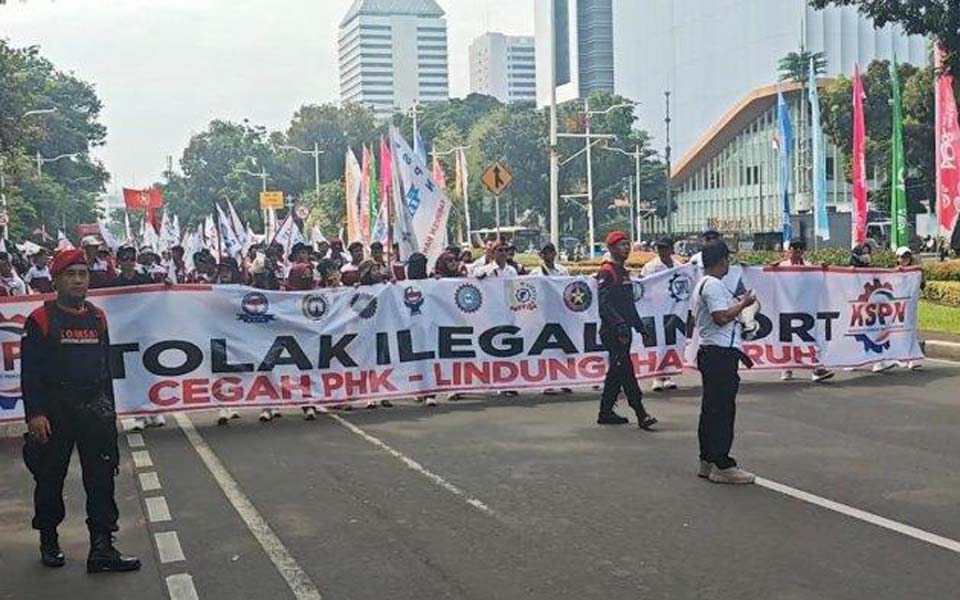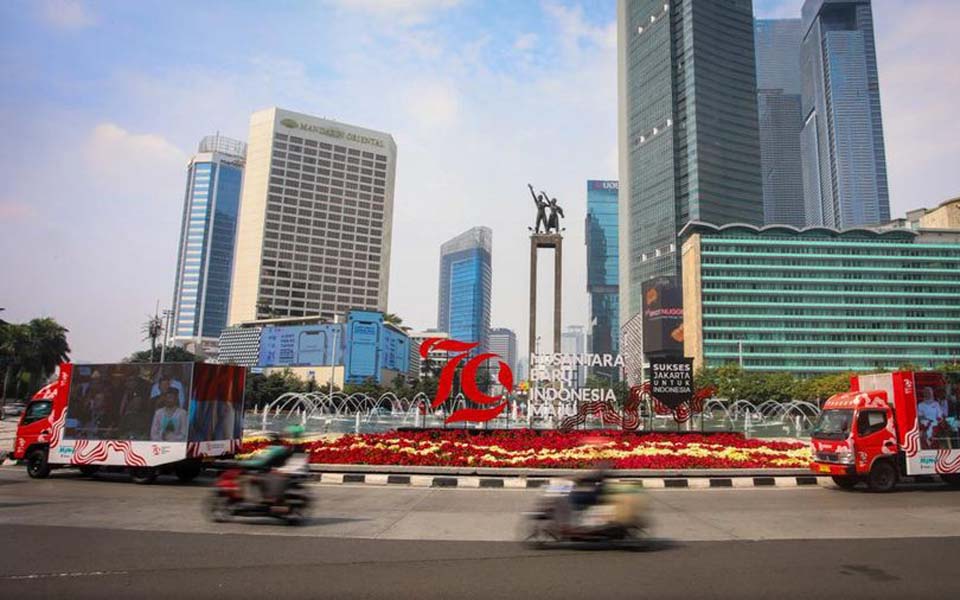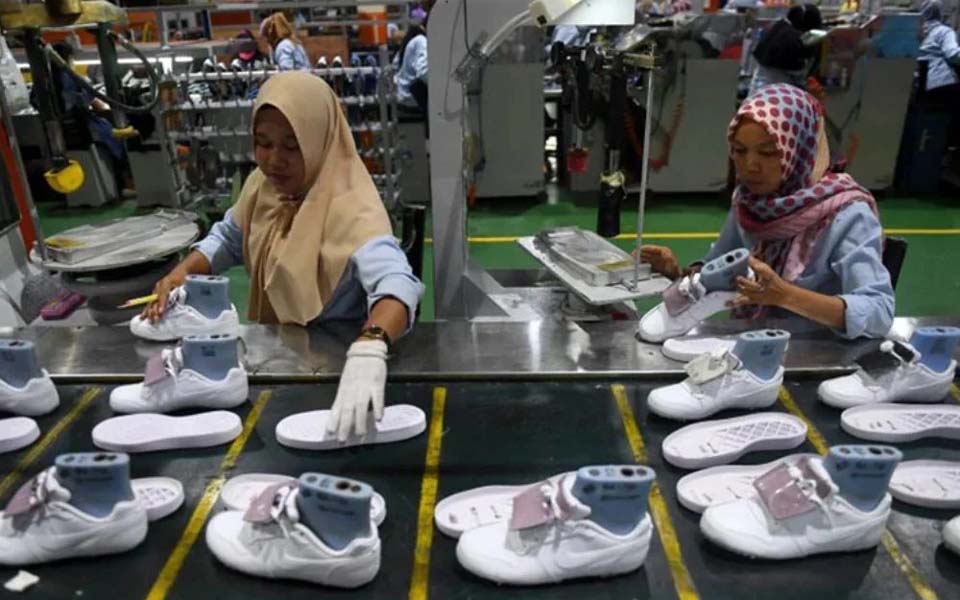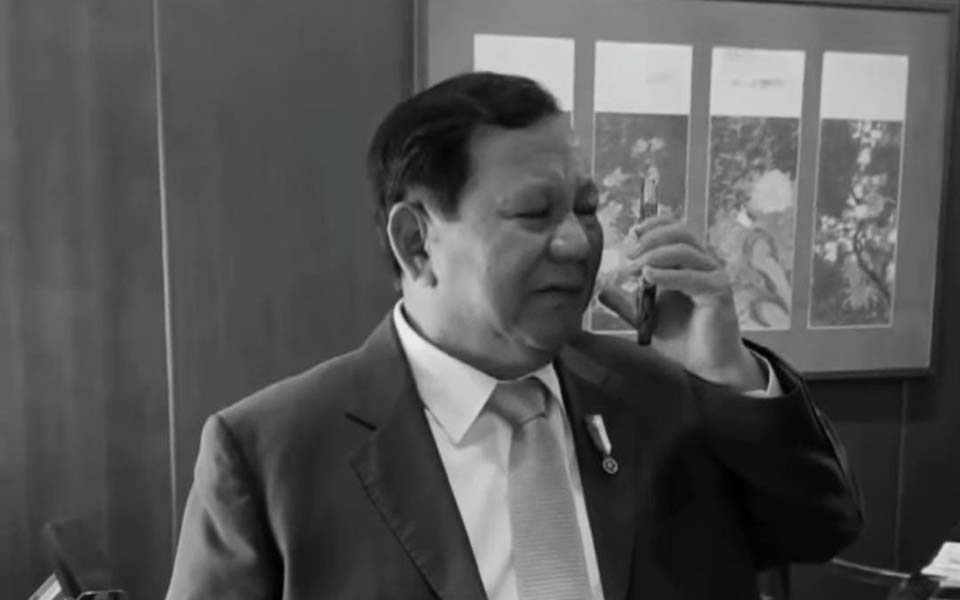Jakarta – The national banking industry appears to be controlled by foreign interests. The proportion of foreign ownership has steadily risen to almost half of the total capacity of the banking industry. And the higher the portion of foreign ownership, the more difficult it becomes to control the banking industry in pursuing its function as the primary supporter of economic growth.
Research by Infobank Magazine notes that as of June 2008, foreign ownership of national banking industry assets had reached 47.02 percent. This means that banking interests under foreign control have reached 960 trillion rupiah out of at total asset value of 2,041 trillion rupiah.
Conversely, the proportion of government ownership represented by state-owned banks and private banks has progressively declined to just 35 percent. Whereas previously, state-owned banks controlled more than half of the banking industry.
Late last week, the general chairperson of the Indonesian Banking Association (Perbanas), Sigit Pramono, said that such a situation is extremely dangerous bearing in mind that the banking industry represents the heart of the economy.
The proportion of foreign ownership has progressively grown since the 1998 economic crisis. By 2005, the proportion of foreign ownership of banking assets stood at 42.33 percent, triggered by the widespread sell-off of large privately owned national banks by the Indonesia Bank Restructuring Agency (IBRA). At the time, major banks that had previously been owned by national businesspeople such as BCA, Danamon, Bank Indonesia International, Niaga, Permata and Lippo, were bought by foreign investors, particularly from Singapore and Malaysia.
As long as control of the banking industry was still in the hands of the nation itself, foreign ownership is actually beneficial, particularly in a situation where there are minimal funds available for domestic investment. Foreign investors usually brought in fresh capital and new innovations that enriched the domestic banking industry.
But without such control, foreign ownership can increase economic risk. Banking observer Iman Sugema says that the banks owned by foreigners have a greater tendency to expand into the consumption sector. Whereas what is needed to stimulate quality and uninterrupted growth is investment credit and working capital.
Bank Republik Indonesia economist Djoko Retnadi says that up until now, the banking industry has played a significant role in determining the mechanisms of monetary policy. If however ownership is dominated by foreign interests, it will of course make it more difficult for Bank Indonesia (the central bank) to direct monetary policy. Whereas monetary policy is vital to maintain economic stability.
House of Representatives Commission IX member Dradjad Wibowo says that this situation will result in foreign parties having greater access to domestic data and economic networks. “The impact is, it that is becoming progressively easier for foreign interests to penetrate the Indonesian economy, which in the end will result in increasing dependency on foreigners”, he said. (FAJ)
[Translated by James Balowski.]















